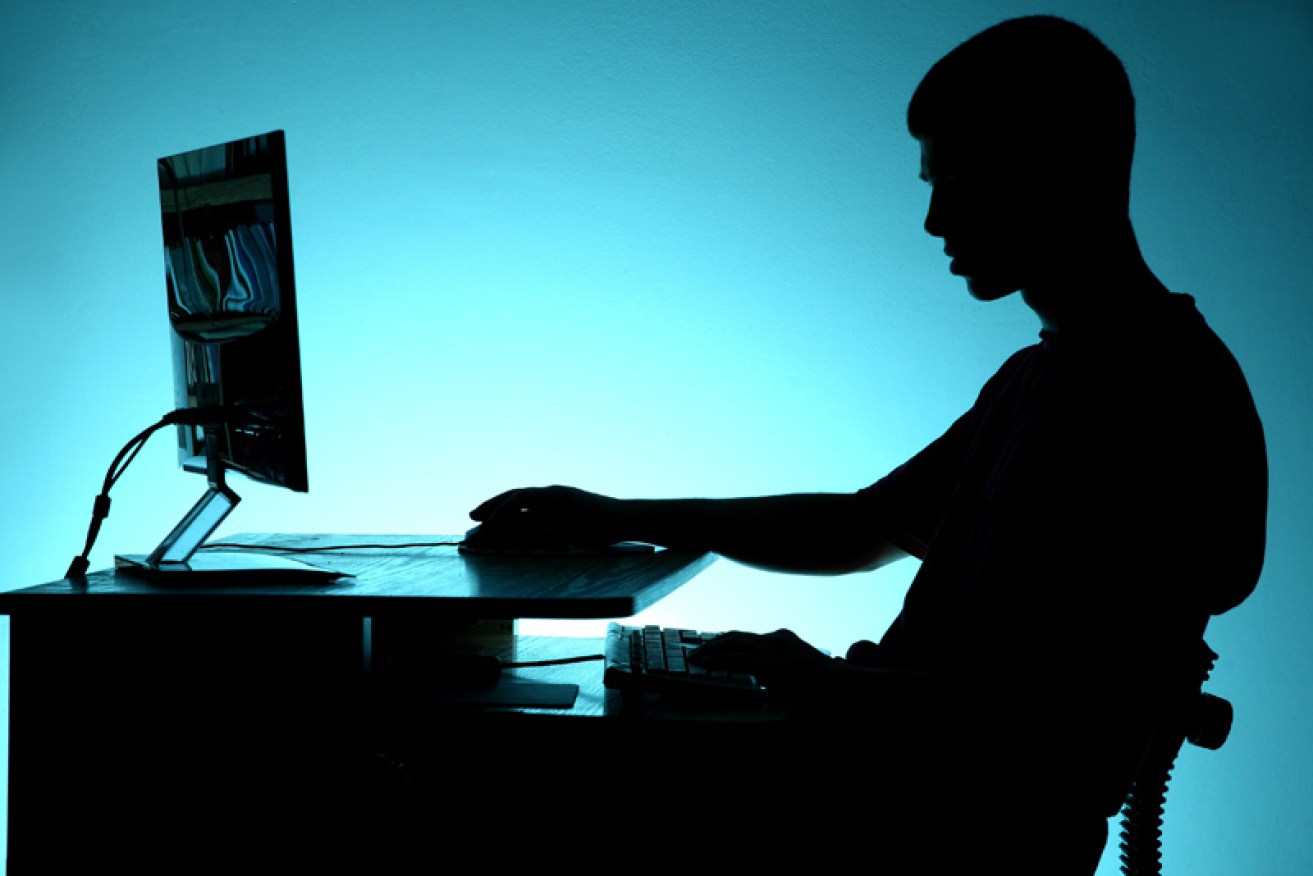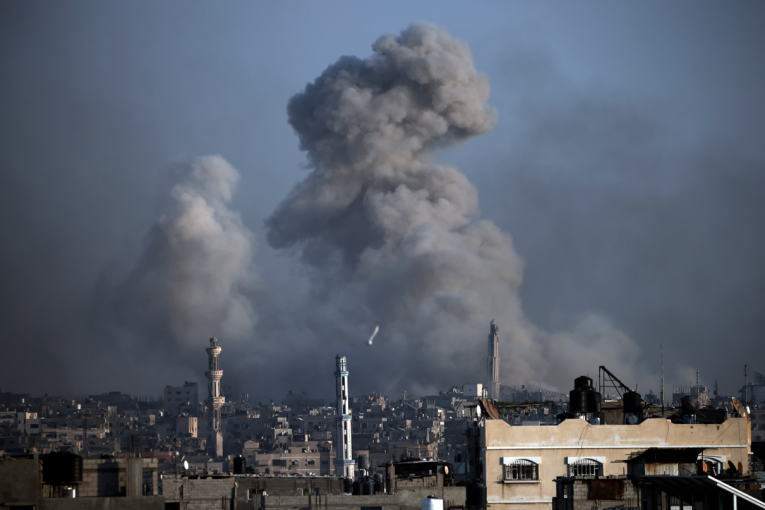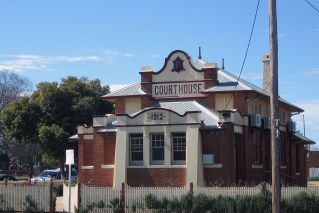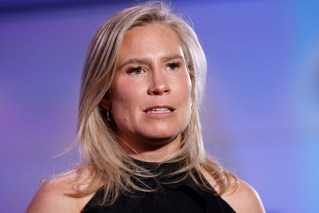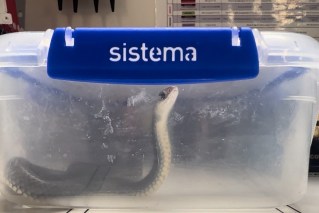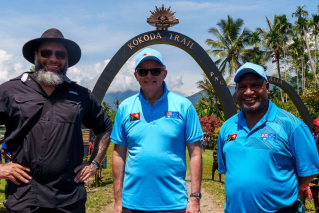Australia must do “a lot better” in tackling far-right extremism, online radicalisation experts warn amid hopes that a parliamentary inquiry will help halt the accelerating threat.
“It’s important and probably long overdue,” Lydia Khalil, a research fellow and extremism expert at the Lowy Institute, told The New Daily
The probe into right-wing extremism was coincidentally launched just hours after a teenager from Albury with alleged neo-Nazi views was arrested by Australian Federal Police following claims he encouraged a mass casualty terrorist attack.

Home Affairs Minister Peter Dutton asked the committee to investigate. Photo: AAP
Home Affairs Minister Peter Dutton on Wednesday asked the federal Parliament’s powerful Joint Committee on Intelligence and Security to open an inquiry into ‘extremist movements and radicalism in Australia’.
The Australian Security Intelligence Organisation said recently right-wing terror accounted for up to 40 per cent of its current workload, and that an attack was possible in Australia.
The inquiry’s terms of reference ask politicians to probe both far-right and Islamist terrorism, but Labor’s Kristina Keneally – who led the charge for the investigation – said the inquiry would focus largely on the far-right.
“The responsibility we have in the parliament is to explain right-wing extremism to the community and engage the community to help us keep Australians safe,” she said.
The inquiry will investigate how extremism has been affected by the COVID pandemic, which experts say has supercharged some radical groups. It will probe whether Australia’s framework to list organisations as terror groups – which currently does not include any far-right groups, despite all other ‘Five Eyes’ intelligence partners doing so – is fit for purpose to deal with this threat.
The inquiry will also look at “the role of social media, encrypted communications platforms and the dark web” in fostering extremism – timely, considering the Royal Commission into the Christchurch terror attack found the Australian shooter had been influenced and radicalised by content on YouTube and Facebook.
Labor MP Dr Anne Aly – a globally recognised expert in counter-terrorism and a professor at Edith Cowan University before entering politics – welcomed that specific focus.
“The difference between right-wing extremism and Islamic extremism, the right-wing extremism has a lot more on the surface web … They do use social media quite frequently,” she said, as opposed to ‘dark web’ organising.
“Social media plays a unique role in spreading right-wing extremism.”
Experts ‘sounding alarm’
Just hours before the inquiry was announced, the AFP arrested an 18-year-old man who allegedly supported a mass casualty event and spoke of his potential involvement in another.
The arrest came after police said they had monitored his online activity for some time.

Kristina Keneally has called for an inquiry for some time. Photo: AAP
AFP Assistant Commissioner Scott Lee claimed the man had “extremist right-wing ideology and is focused on neo-Nazi, white supremacist and anti-Semitic material”.
Experts in extremism welcomed the parliamentary inquiry, saying the far-right threat was on the rise in Australia.
“It’s a growing threat a lot of researchers and analysts have been sounding the alarm about,” The Lowy Institute’s Ms Khalil told TND.
“It’s clear that, while jihadism remains a significant global force, what we’re seeing now in terms of emerging threats is this far-right extremism.”
She said it was important to probe how the threat was evolving in the face of the COVID pandemic, which had seen countless baseless racist conspiracy theories rocket around the world.
“But what’s not explicitly mentioned in the inquiry, and is really important, is around conspiracy theories and how that intersects with extremism,” Ms Khalil said.

The terrorist behind the Christchurch attack was radicalised on social media. Photo: AAP
“I’ve heard it said that extremism is an elaborate conspiracy in itself. I imagine in a lot of the work researchers are doing in that space, it will come up, but it would have been something to explicitly note and acknowledge.”
Dr Andre Oboler, CEO of the Online Hate Prevention Institute, said Australia has “room to improve” on how it deals with right-wing extremists. He welcomed scrutiny on how the internet is radicalising or helping in the planning of attacks, but warned the problem was bigger than simply cracking down on social media content or increasing police funding.
“We need to have this discussion because we could be doing a lot better, but it can’t just be all about new powers for government. They can’t solve this problem on their own,” Dr Oboler told TND.
He welcomed recent powerful moves from Facebook to stamp out hate speech and extremist content online.
However, Dr Oboler warned that radicals were simply moving to other, less-policed platforms that had sprung up as social media giants cracked down on extremists.
Associate professor Debra Smith, a researcher on extremism at Victoria University, said Australia could not afford to become “complacent” about evolving terror threats.
“Our current counter-terror framework was set up in an era of al-Qaeda and ISIS being the major threat,” she told TND.
“This is seemingly changing, but while the far-right extremist threat has been here for a while, the rise of this problem to be much more prominent, means it’s simply sensible to reassess if our current structures are fit for purpose.”

